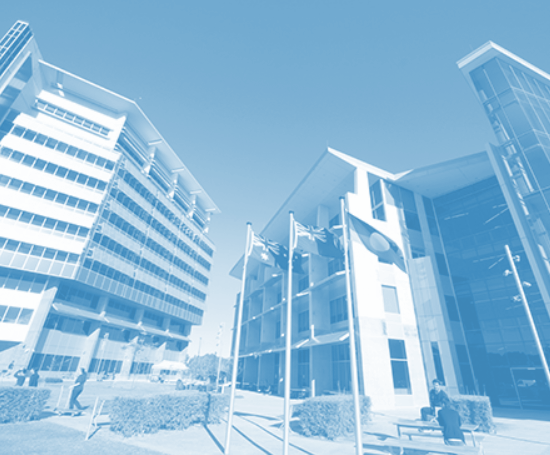Southern Cross spells out crisis
 Southern Cross University staff have been informed that the university is at a crisis point.
Southern Cross University staff have been informed that the university is at a crisis point.
The university has told staff that the COVID-19 pandemic is acting as an “accelerant on a fire which has been burning at Southern Cross for over a decade”.
Vice Chancellor Adam Shoemaker addressed staff in a video this week to reveal an estimated $58 million funding gap over the next two years.
He also outlined a potential freeze on planned wage increases and called for staff to voluntarily reduce their workload.
Professor Shoemaker said the university would not return to its former status quo.
“I cannot sugarcoat this — we are experiencing an economic crisis which is still building in intensity,” he said.
“Our scale is too small, we often incentivise the wrong outcomes, we are drowning in complexity and our attractiveness in the student marketplace is too low.”
“We projected at least a $15 million core funding gap for this year — 2020. The latest projections are that we must bridge a further, additional core budget deficit as high as $43 million over 2021–2022.
“The financial impact on us in 2021 will definitely be greater than in 2020.
“That is mainly due to the pipeline effects of the enormous downturn in international student recruitment which we have all seen.”
The National Tertiary Education Union (NTEU) NSW Division says it has been bombarded with calls from university staff concerned about their jobs.
“My phone went ballistic following the meeting,” NTEU NSW secretary Michael Thomson said.
“People were calling and telling me that basically they felt that they were being told that they had to pay because of the management's failure to financially run a university.
“It was their jobs that were on the line [and] the university wasn't recognising that actually the university staff are the people who have kept the place going.”
Professor Shoemaker said the university’s priority has been to secure the health and wellbeing of staff and students, but it “must now apply the same clear and unified focus on our response to the economic challenges which we face as an institution”.
“We are not returning — we never will return — to the way we were before COVID-19 struck,” he said.
“There is a new world of work and of academic work ahead of us.”








 Print
Print